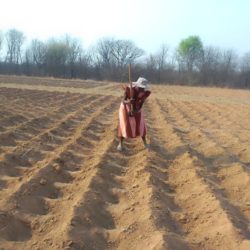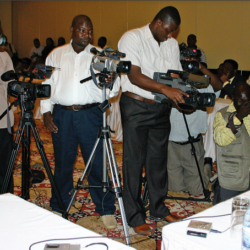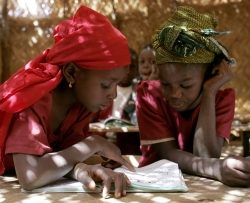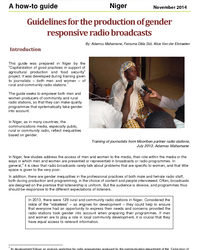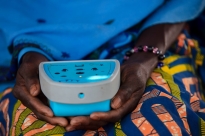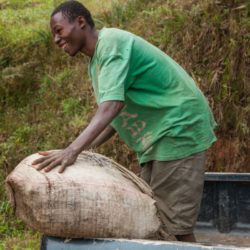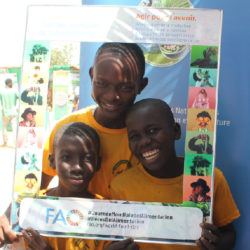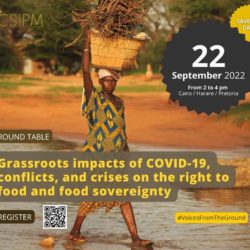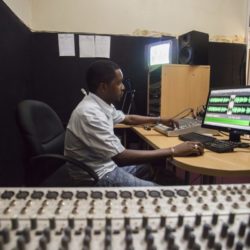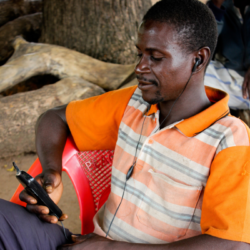Sisonke Working Together Trust Bulawayo Zimbabwe helps women farmers learn climate adaptation techniques
Sisonke Working Together Trust Bulawayo Zimbabwe is a non governmental organisations working in urban and rural areas of Zimbabwe. Matebeleland South province in Zimbabwe is one of the driest provinces in Zimbabwe with a maximum of 300 to 400mm of rainfall annually. It is a province home to women headed households as their male counterparts have immigrated to South Africa. Women in the Mould of Elita Sibanda and Tracy who

